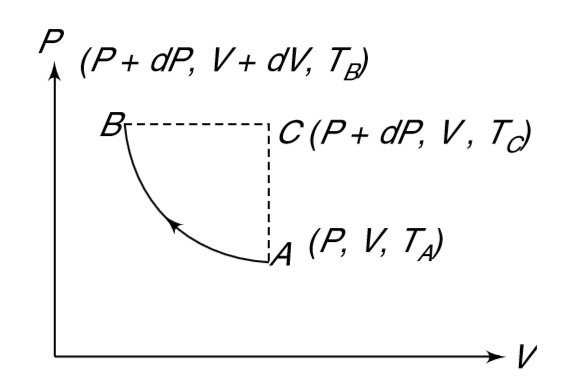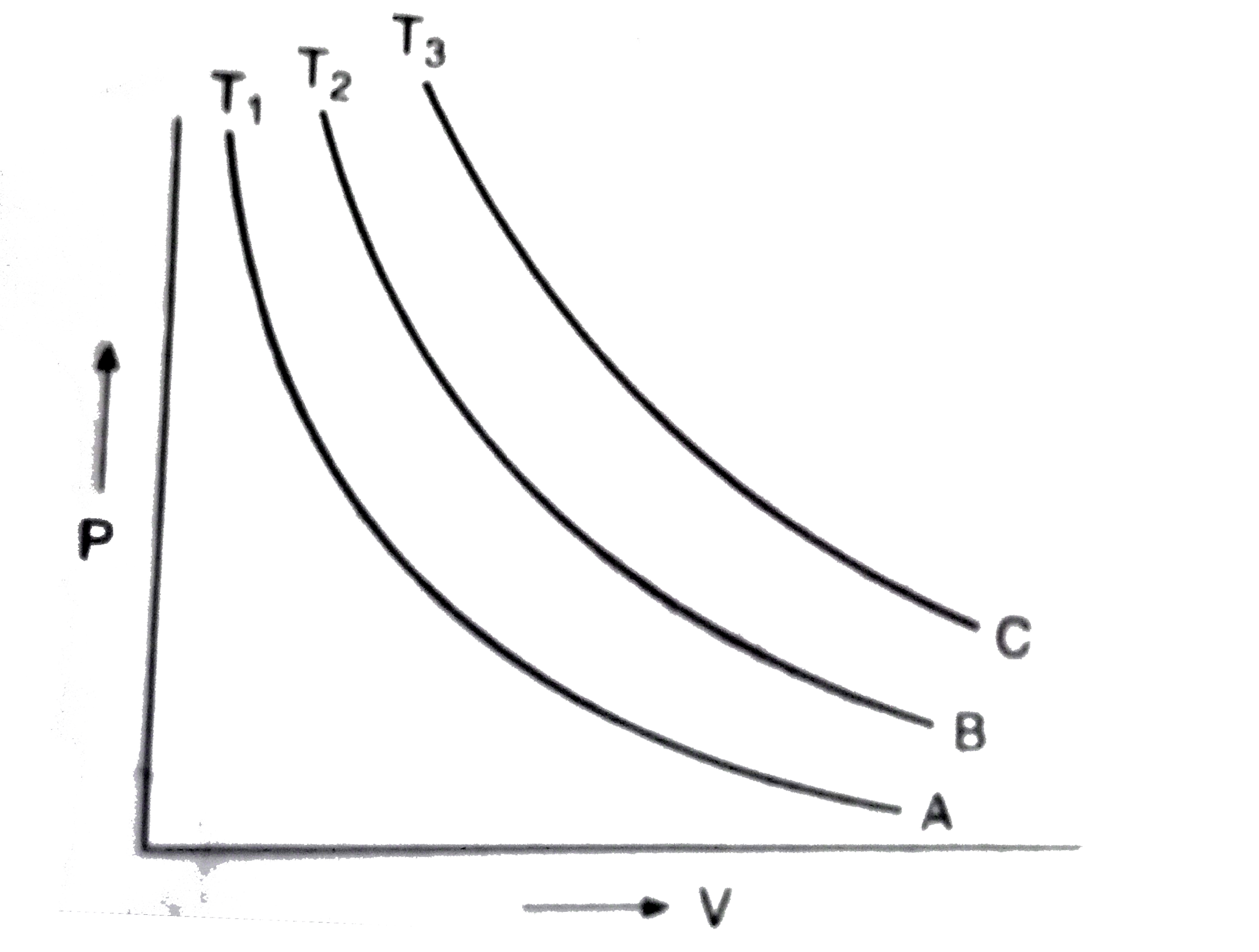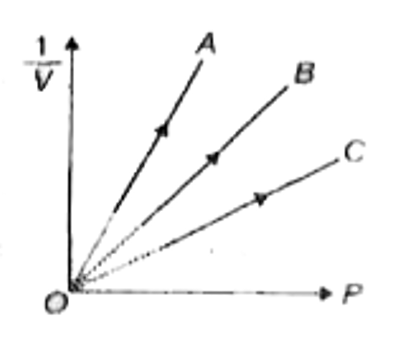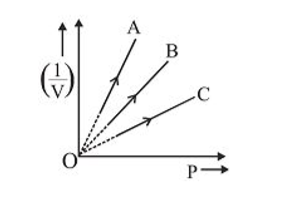Three stars A,B,C have surface temperatures TA,TB and TC. A appaears bluish, B appears reddish and C appears yellowish. We can conclude that
TA>TC>TB
TA>TB>TC
TB>TCTA
TC>TB>TA
The correct Answer is:A
Step by step video, text & image solution for Three stars A, B, C have surface temperatures T_(A), T_(B) and T_(C). A appaears bluish, B appears reddish and C appears yellowish. We can conclude that by Physics experts to help you in doubts & scoring excellent marks in Class 12 exams.
Updated on:21/07/2023Topper's Solved these Questions
Similar Questions
Knowledge Check
Three stars A,B,C have surface temperature TA,TB,TC resp. Star A appears bluish star B appears reddish and star C yellowish . Hence
ATA>TB>TCBTB>TC>TACTC>TB>TADTA>TC>TBThree stars A, B, C have surface temperatures TA,TB,TC respectively. Star A appears bluish, star B appears reddish and star C yellowish. Hence,
ATB>TC>TABTC>TB>TACTA>TC>TBDTA>TB>TCThe correct order for Ti,TB and TC is
ATI<TC<TBBTB<TC<TiCTC<TB<TiDTi<TB<TC
One mole of a gas is in state A[P,V,TA]. A small adiabatic process causes the state of the gas to change to B[P+dP,V+dV,TB]. The changes dV & dP are infinitesimally small and dV is negative. An alternative process takes the gas from state A to B via A→C→B. A→C is isochoric and C→B is isobaric path. State at C is [P+dP,V,TC].
(a) Rank the temperatures TA,TB and TC from highest to lowest.
(b) Find g of the gas in terms of TA, TB and TC.

View SolutionThe stars appearing ............ have lowest surface temperature.
View SolutionThe correct relationship between TC,TB and Ti is -
View SolutionIn following isothermal graphs A, B and C at temperatures T1,T2 and T3, the correct order of temperatures will be :

View SolutionThree bodies A,B and C have equal surface area and thermal emissivities in the ratio eA:eB:eC=1:12:14. All the three bodies are radiating at same rate. Their wavelengths corresponding to maximum intensity are αA,αB and αC respectively and their temperatures are TA,TB and TC on kelvin scale , then select the incorrect statement
View Solution


